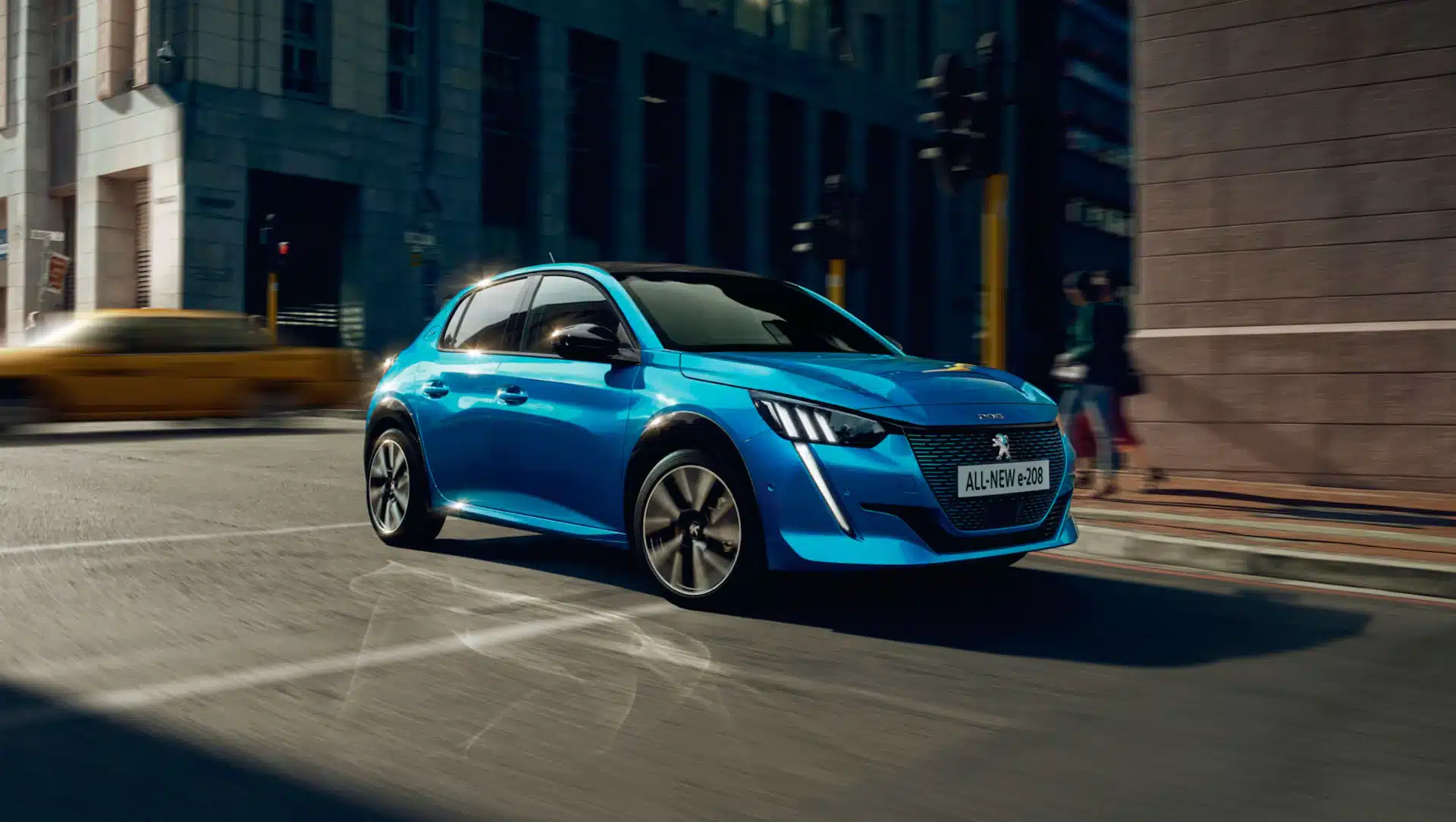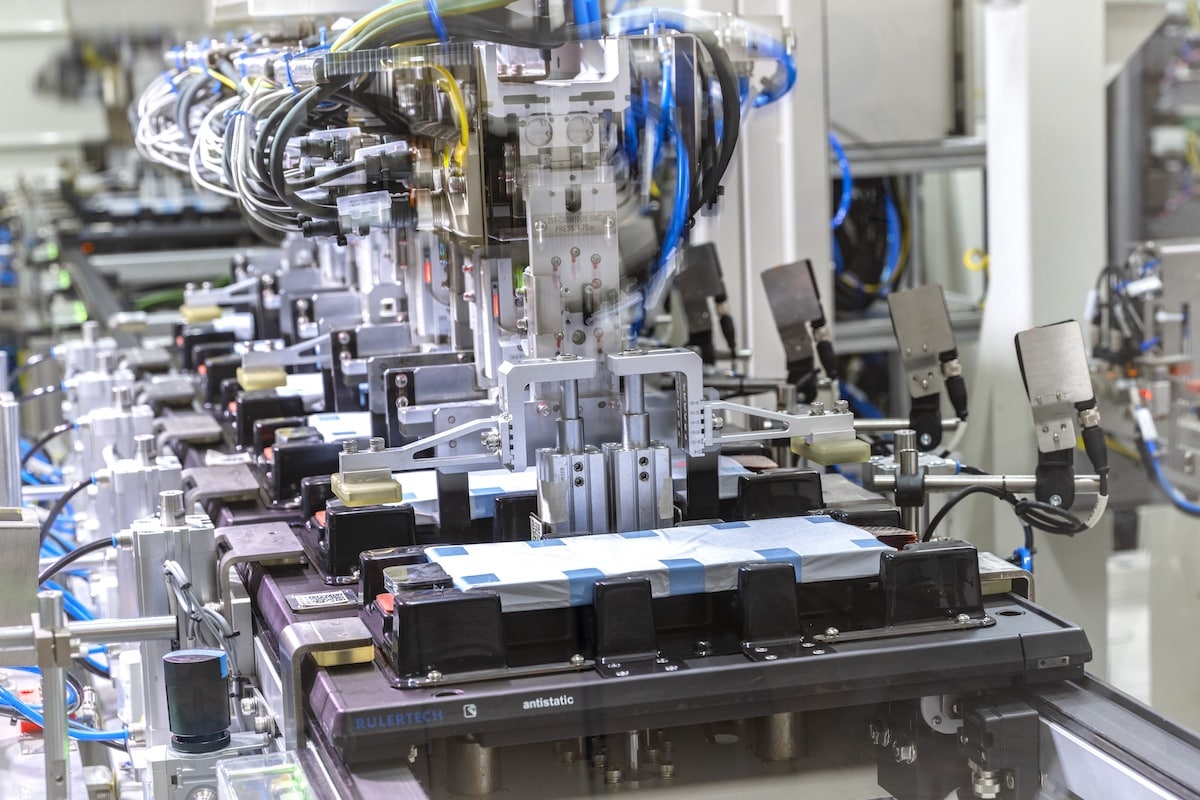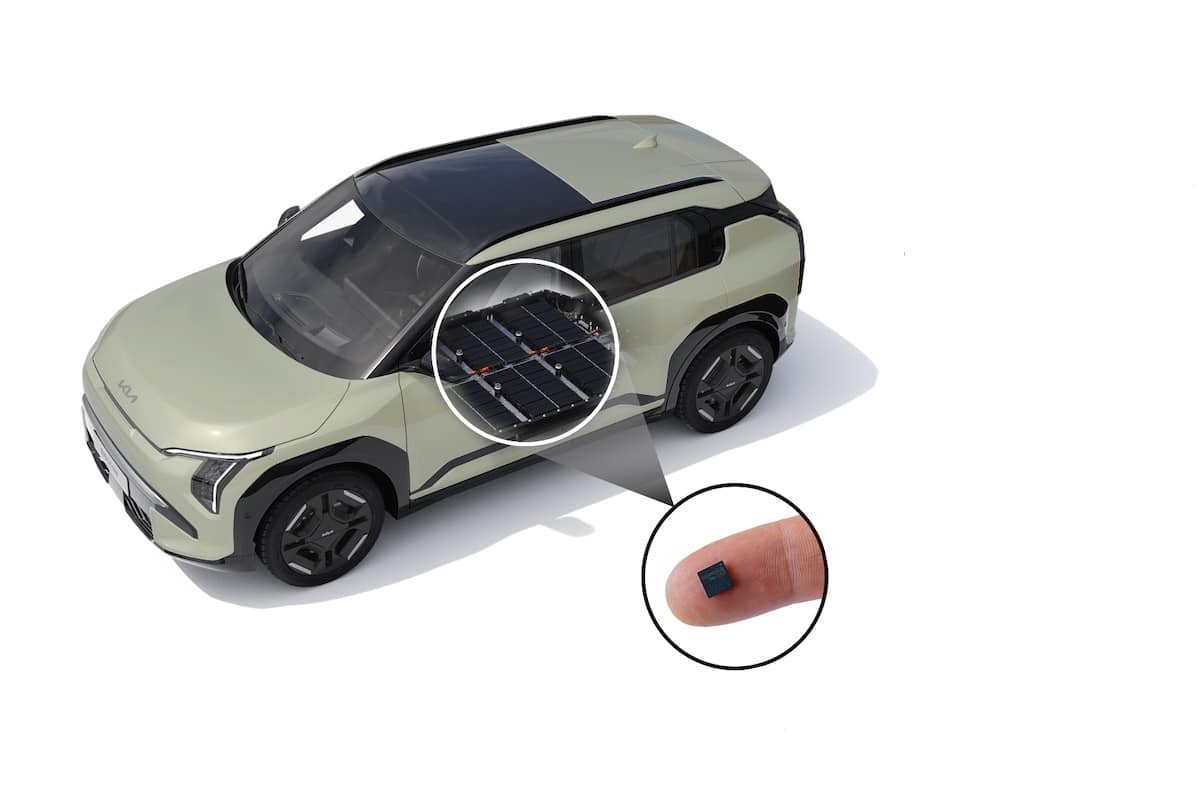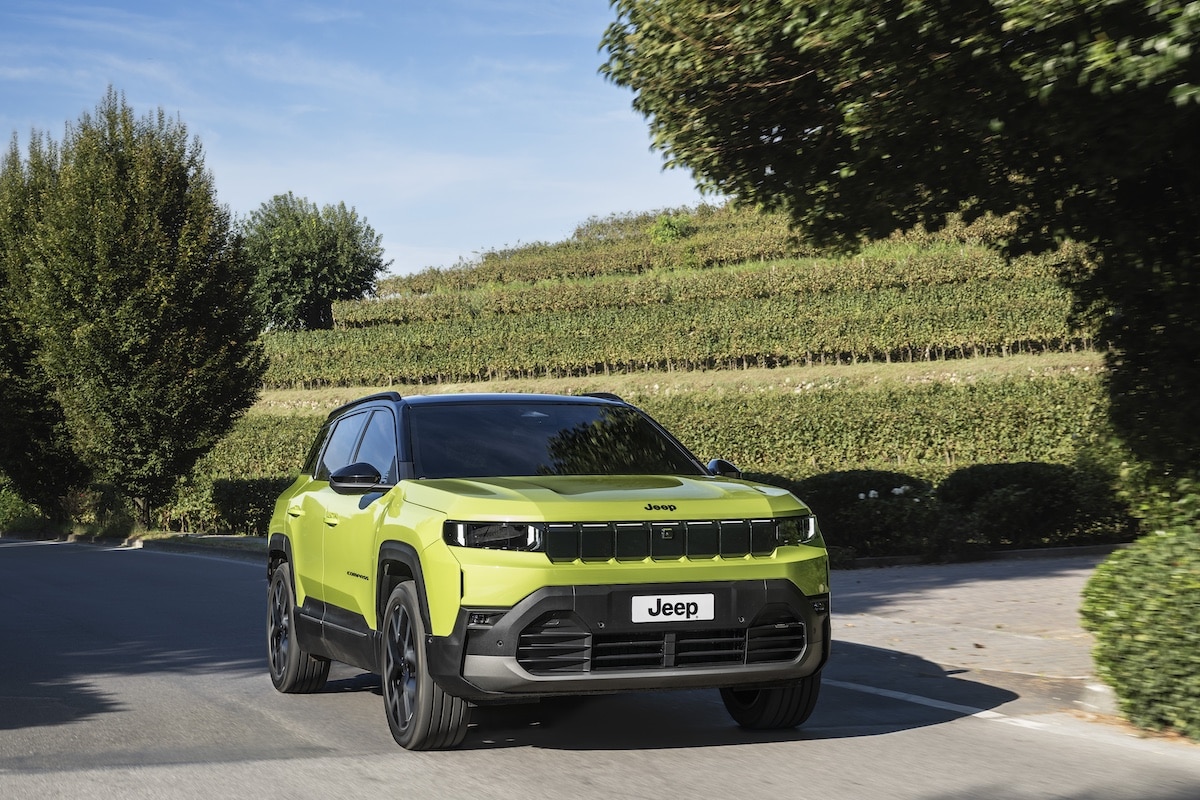Are electric cars as eco-friendly as we think?

UFC-Que Choisir published a study demonstrating the amount of CO2 released into the air during the use of combustion engine cars, as well as electric cars.
Electric cars are known for their environmental virtues. They help reduce greenhouse gas emissions, unlike cars with a thermal engine. However, not everything is entirely rosy.
During the manufacturing of a car, a combustion engine vehicle consumes less than an electric one. Why?
An electric car is built with a battery so it can operate. This same battery contains highly polluting elements. Notably lithium, which is used to manufacture phone batteries. During its production, the battery alone consumes nearly 3.15 tons of CO2.
A concrete example
The UFC-Que Choisir association explained its point with the help of an example. A Peugeot 208 electric, during its construction, emits 12.8 tons of CO2 according to Greencap. In contrast, a Peugeot 208 thermal emits “only” 7.3 tons of CO2. A difference of 5 tons of carbon dioxide for the manufacturing of a car.
However, these figures only concern the vehicle’s construction. Once the car starts to operate, an electric car consumes much less than a thermal one. Let’s compare the same two vehicles again.
Over a period of 16 years, according to Greencap, an electric car consumes three times less than a combustion engine car. The Peugeot 208 electric consumes 14.8 tons of CO2, compared to 44.4 for the Peugeot 208 thermal.
UFC-Que Choisir calls, as a result of its research, “for a series of reforms to ensure a transition of the vehicle fleet.”
Read also: Electric Cars: UFC Que Choisir Denounces False Autonomies
This page is translated from the original post "Les voitures électriques polluent-elles aussi peu qu’on le pense ?" in French.
We also suggestthese articles:
Also read






